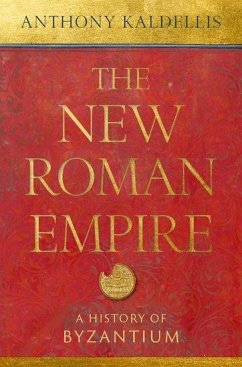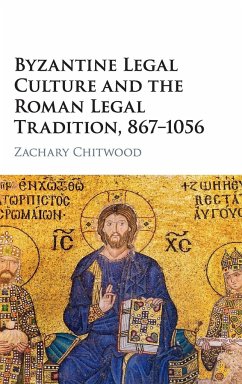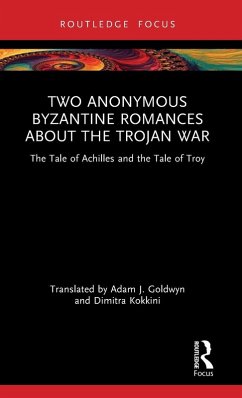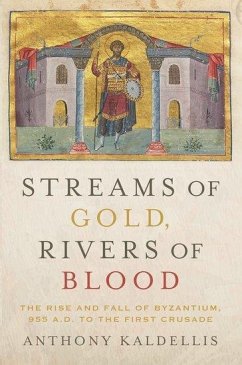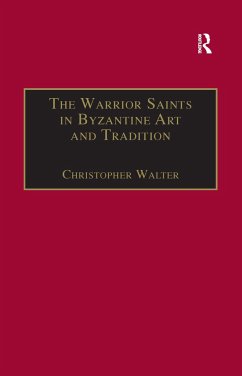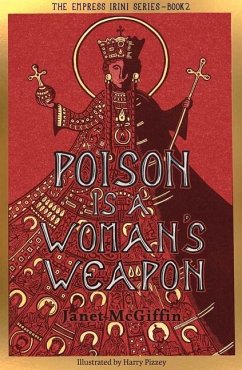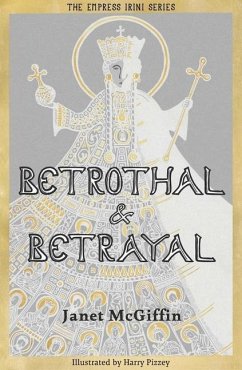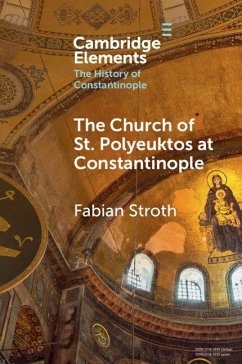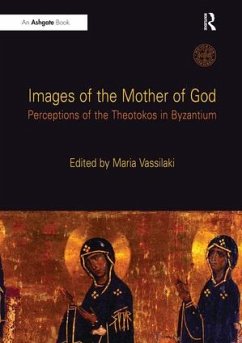
On the Incarnation (Deluxe Library Edition)
Versandkostenfrei!
Versandfertig in 1-2 Wochen
30,99 €
inkl. MwSt.
Weitere Ausgaben:

PAYBACK Punkte
15 °P sammeln!
On the Incarnation is the first classic work of developed Orthodox theology, wherein Saint Athanasius presents teachings on the redemption. Also, Athanasius puts forward the belief, referencing John 1:1-4, that the Son of God, the eternal Word through whom God created the world, entered that world in human form to lead men back into the harmony from which they had earlier fallen away. His writings were well regarded by all following Church fathers in the West and the East, who noted their rich devotion to the Word-become-man, great pastoral concern and profound interest in monasticism. Athanas...
On the Incarnation is the first classic work of developed Orthodox theology, wherein Saint Athanasius presents teachings on the redemption. Also, Athanasius puts forward the belief, referencing John 1:1-4, that the Son of God, the eternal Word through whom God created the world, entered that world in human form to lead men back into the harmony from which they had earlier fallen away. His writings were well regarded by all following Church fathers in the West and the East, who noted their rich devotion to the Word-become-man, great pastoral concern and profound interest in monasticism. Athanasius is counted as one of the four great Eastern Doctors of the Church in the Catholic Church. In the Eastern Orthodox Church, he is labeled as the "Father of Orthodoxy." Athanasius is also the first person to identify the same 27 books of the New Testament that are in use today.





